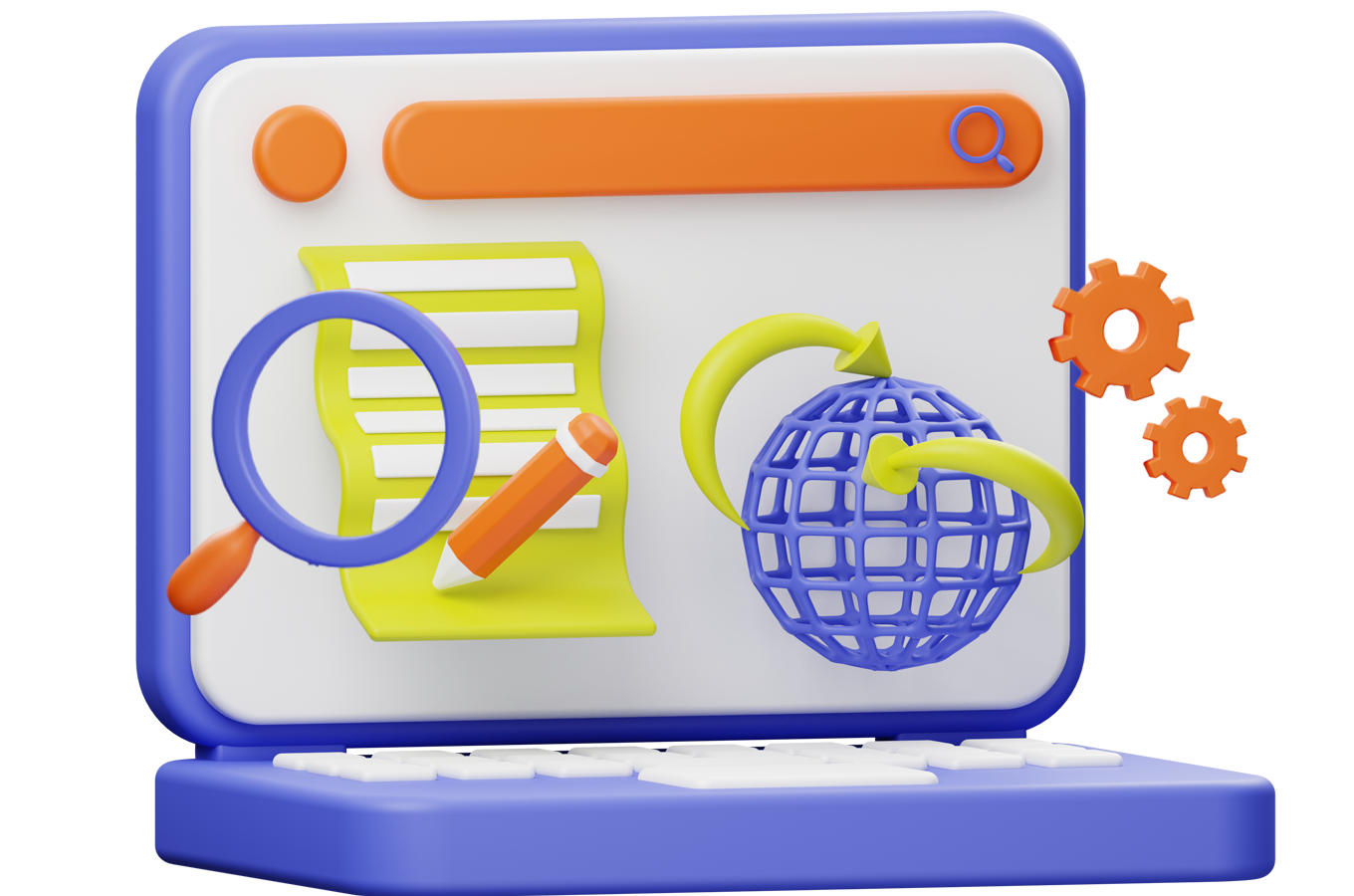
Tackling 8,000 Title Tag Rewrites: A Case Study
Let's take an in-depth look at outdoorsrank.com title tags that were re-written by Google, including three case studies where we managed to fix bad rewrites.
Understanding how search engines work, Google in particular, is important when working in SEO. The basics of crawling and indexing are amazingly useful to understand if you want to rank your own content.
Additionally, Google updates its algorithm several times a year. Understanding the more significant updates, and how they work, can help you to craft content and SEO strategies that are up-to-date.
We've written extensively about how search engines work, and included some of the top resources here. You can also browse the latest posts on search engines from the Moz blog below.
How Search Engines Work : New to SEO? Start with the basics of how search engines operate with our free beginner's guide.
Search Engine Ranking and Visibility : Learn the fundamentals of how search engines rank content on search engine result pages.
Google Algorithm Update History : A complete history of Google algorithm updates since 2000. This includes important links and references for understanding how Google works.
How Search Engines Value Links : Search engines work off a number of signals, but two of the most important are content and links. In this video, Rand Fishkin explains the basics of link evaluation.
MozCast : Is Google updating it's algorithm as we speak? MozCast is the Google algorithm weather report, so you can see how much Google results are changing each day.

Let's take an in-depth look at outdoorsrank.com title tags that were re-written by Google, including three case studies where we managed to fix bad rewrites.
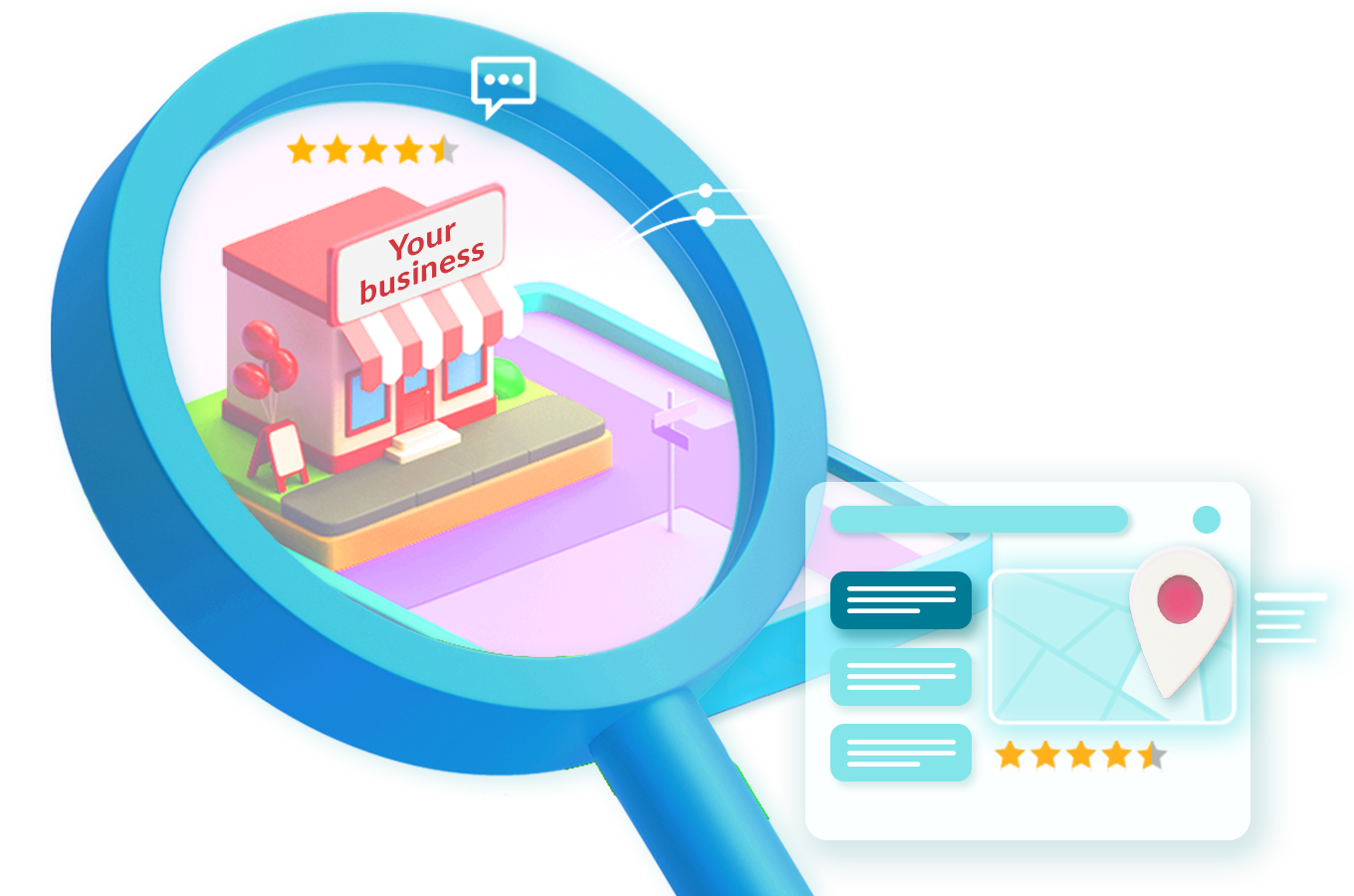
Miriam helps you get started in Google My Business Products with this illustrated tutorial, walking you through how to add your most important products and services.

You may be feeling confused and more than a little frustrated after Google’s recent title rewrite update, but why is Google rewriting titles, and what can we learn from it? Dr. Pete explored over 50,000 <title> tags to find out.

Miriam answers seven of the most common questions from searchers looking for an introductory understanding of what “local SEO” means, who needs it, how it works, how to study it, and more!
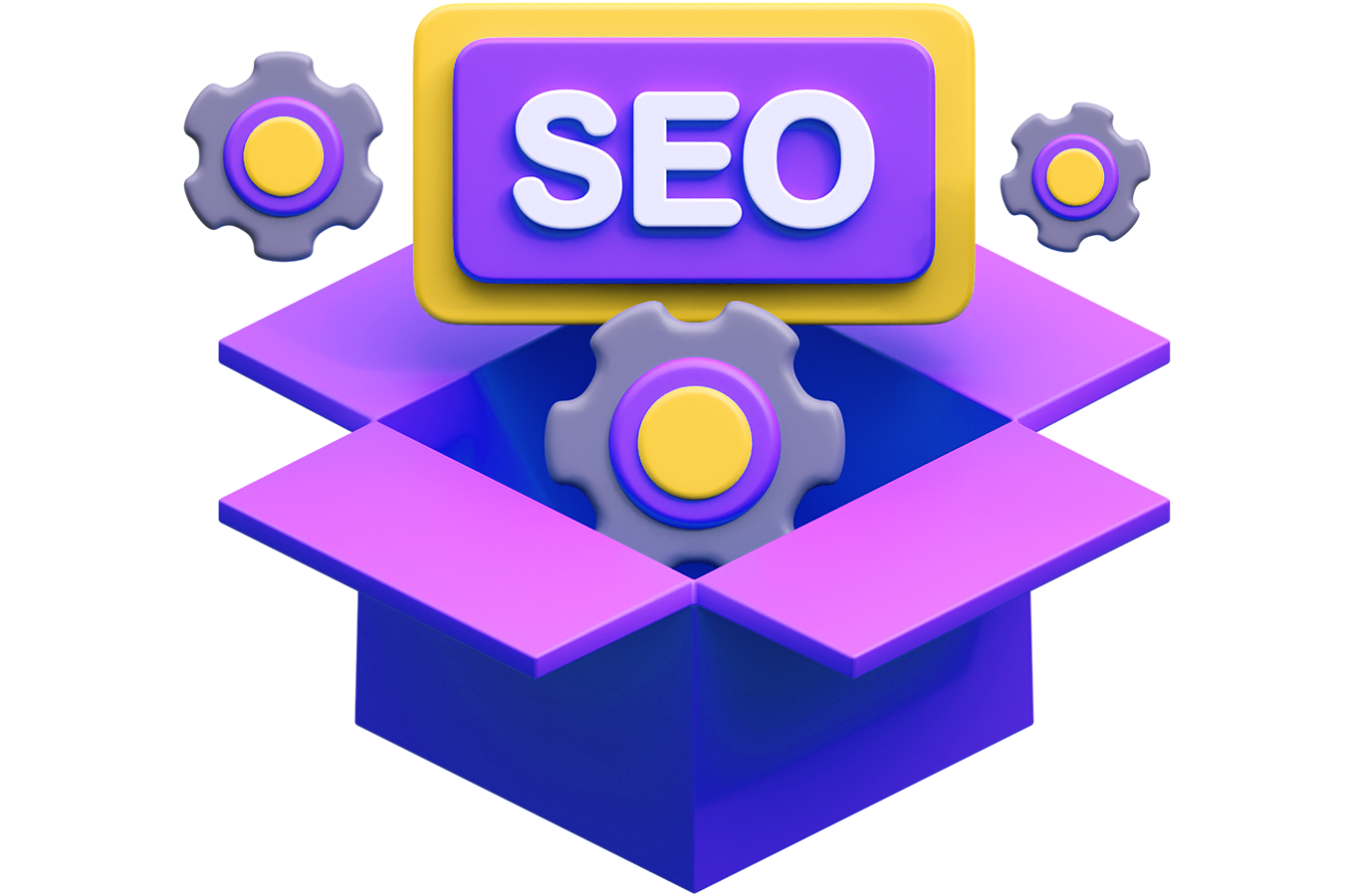
In today’s episode of Whiteboard Friday, Moz’s own SEO expert, Tom Capper, talks about the untapped organic traffic opportunity that is Google Discover.

With a little digging, you can now mimic the keyword topics, style, and format of the SERP features for your target keywords, creating content that engages your audience exactly where they are in the buyer’s journey.

Local SEO expert Joy Hawkins joins us for a special edition of Whiteboard Friday, giving you a sneak peek at her MozCon Virtual 2021 presentation: To Post or Not to Post: What We Learned From Analyzing Over 1,000 Google Posts.

Looking at 500 data points for each year from 2013 through 2021, Russ examines whether a long-standing theory in search engine optimization is true: do reviewers, aggregators, and non-manufacturing retailers push makers and manufacturers out of the SERPs over time?
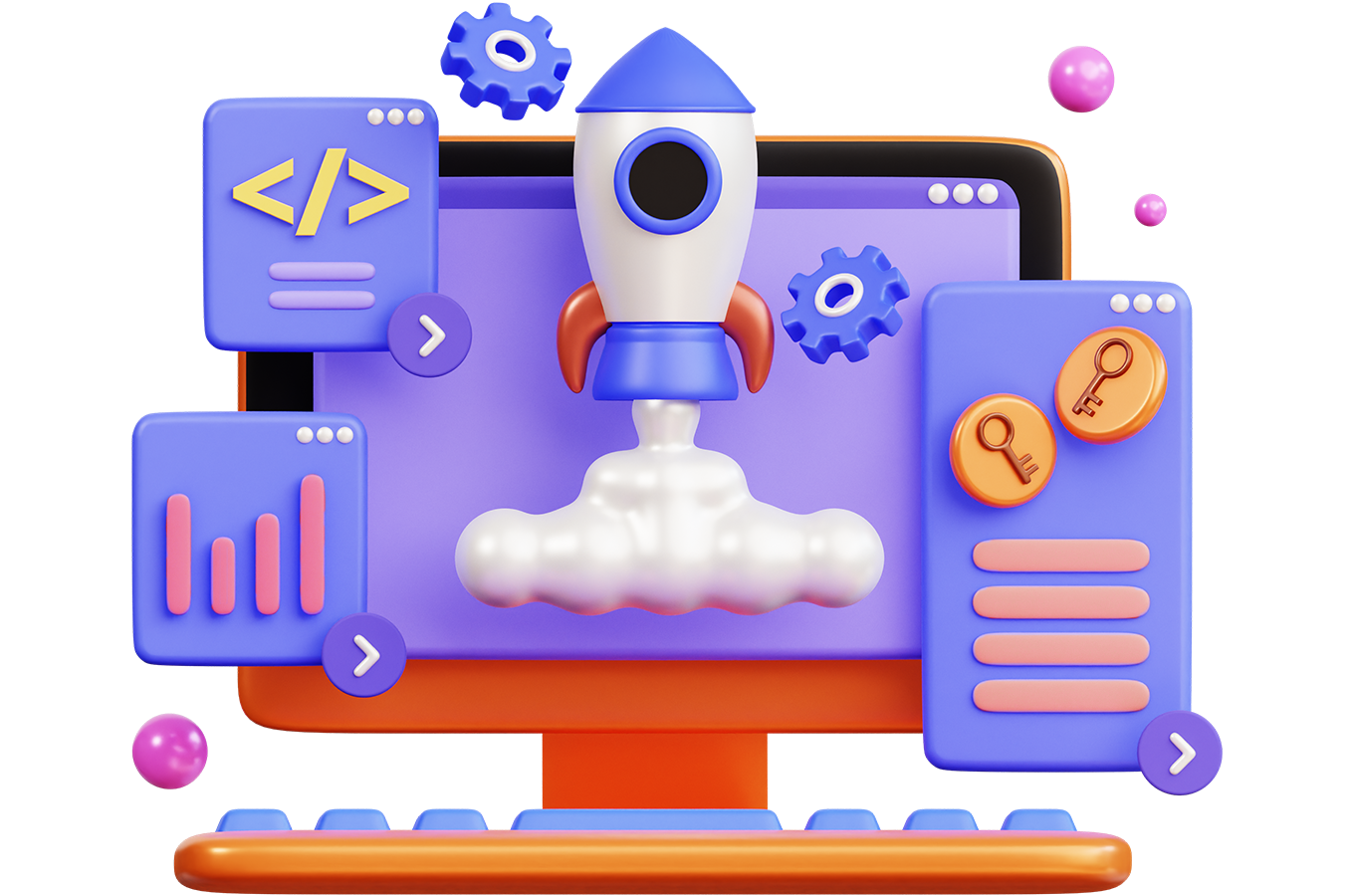
A sizable chunk of web traffic and online purchases now come from voice searches. Because users ask for content differently when they use Siri or Alexa, optimizing content to capture more of that traffic will work a bit differently.

Without an organizing principle, a spreadsheet full of keywords is a bottomless to-do list. It’s not enough to know what your competitors are ranking for — you need to know what content is powering those rankings and how you’re currently competing with that content. Enter advanced search operators.

Today, we’ll demonstrate the prominence of the fascinating business listing feature known as "local justifications", and show how they can help you to stand out from local SERP competitors in exciting ways!
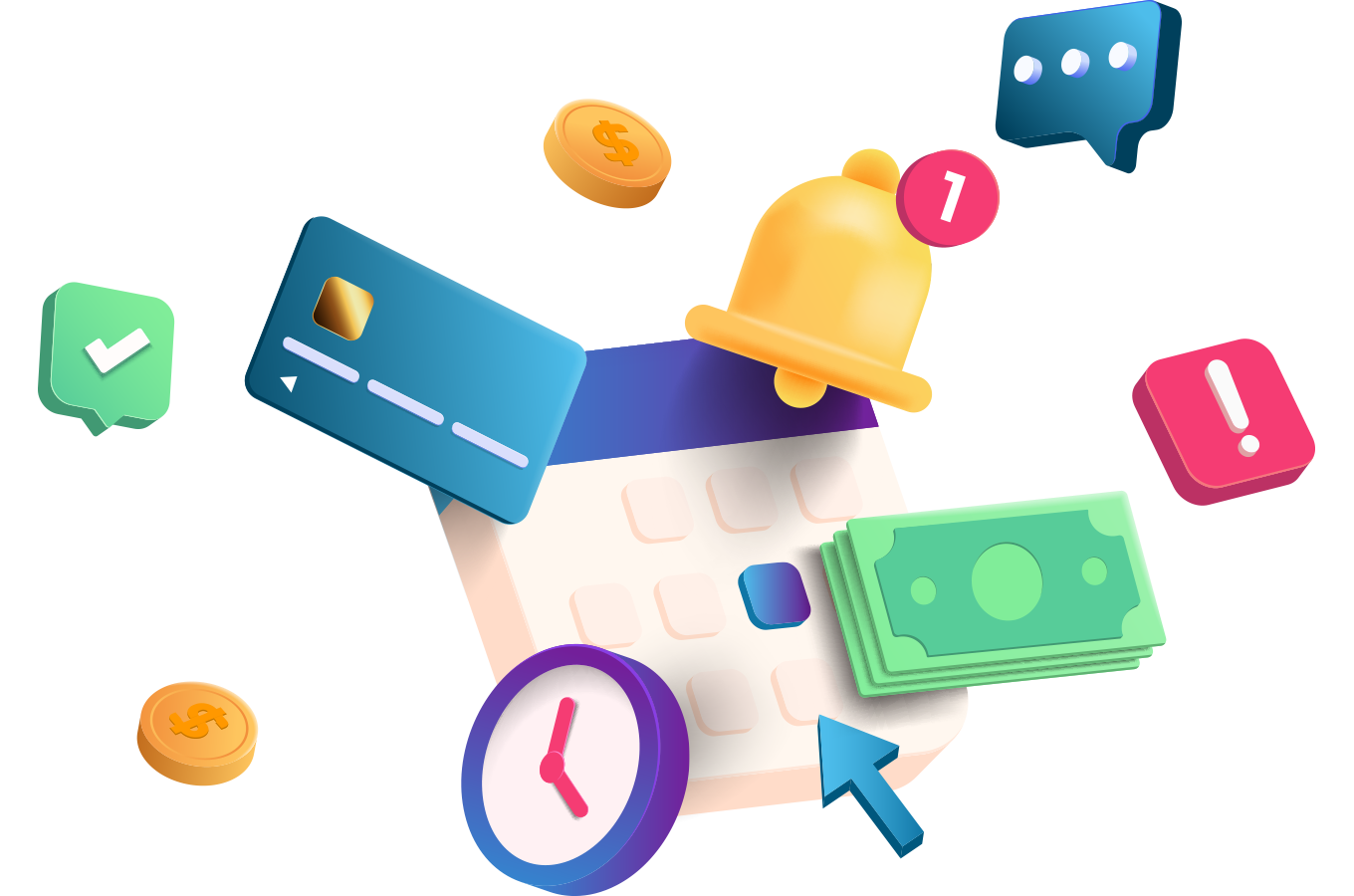
It’s been nearly nine years since Google rolled out its Disavow Tool. This guide covers how and when to use it, and the potential risks and benefits.